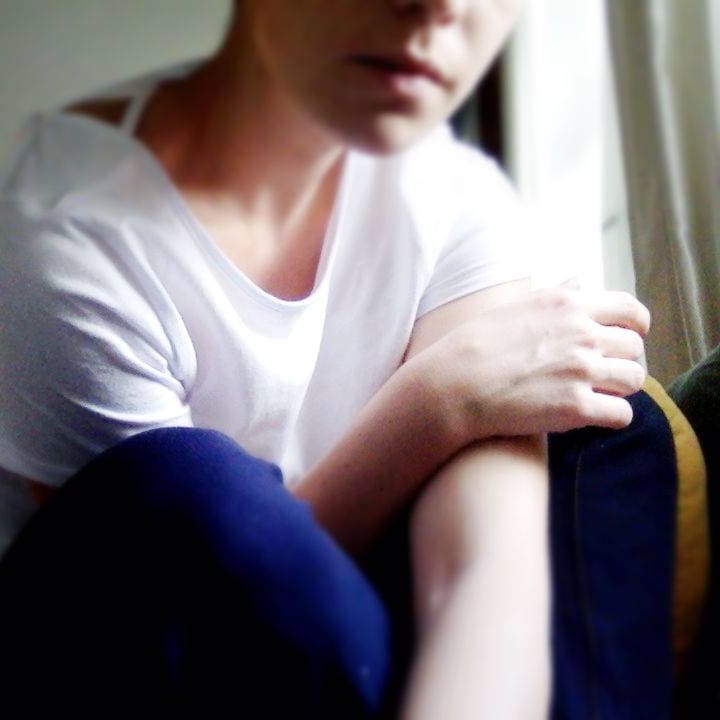Why Do Dementia Patients Love to Dress Well

Dementia is a neurological disorder that affects memory, thinking, behavior, and the ability to perform everyday activities.
As the disease progresses, dementia patients may experience changes in their personality and behavior, including a decline in self-care and personal appearance. There are 10.7% or 6.5 million Americans (65 and over) living with Alzheimer’s.
However, recent research suggests that despite these challenges, many dementia patients still have a strong desire to dress well and maintain their personal style.
Whether you are a caregiver or a family member of someone with dementia, understanding the importance of dressing well can help enhance the quality of life for your loved one and support their overall well-being.
The Benefits of Dressing Well for People with Dementia
Dressing well can have significant benefits for people with dementia. When someone with dementia dresses well, they may feel more confident, independent, and in control. Here are some specific ways that dressing well can benefit people with dementia:
Promoting Independence
As dementia progresses, individuals may become increasingly dependent on others for basic self-care tasks, such as dressing themselves. By choosing their own outfits and dressing themselves, individuals with dementia can maintain a sense of independence and autonomy.
Enhancing Mood
Dressing well can help to lift one’s mood and promote positive feelings. When someone looks good, they may feel better about themselves and be more likely to engage in social activities and interactions.

Etsy: LinenHandmadeStudio
Reducing Anxiety
Choosing an outfit can often be a stressful process, especially for someone with dementia. By offering limited clothing options and providing guidance and support, caregivers can help reduce the stress and anxiety associated with getting dressed.
Encouraging Socialization
When someone with dementia dresses well, they may feel more confident and motivated to socialize with others. This can lead to increased opportunities for social interaction, which can help to improve their overall quality of life.
Protecting Dignity
Dressing well is an important aspect of maintaining one’s dignity and self-respect. By helping people with dementia dress well, caregivers can help them preserve their sense of identity and self-worth.Dressing well can have a significant impact on the well-being of people with dementia. By promoting independence, enhancing mood, reducing anxiety, encouraging socialization, and protecting dignity, dressing well can help individuals with dementia maintain a high quality of life and feel good about themselves.
Tips for Helping a Loved One with Dementia Choose Outfits
Choosing the right outfit can have a significant impact on a dementia patient’s mood, self-esteem, and overall well-being.
However, as dementia progresses, it can be challenging for patients to make decisions about what to wear. Here are some tips for helping a loved one with dementia choose outfits:
Keep it Simple
Offer your loved one a limited number of clothing options to choose from, ideally no more than two or three outfits. This can help reduce decision-making stress and make the process more manageable.

Dressing well does not necessarily mean your outfits have to be high-maintenance. Rich people know that well.
Use Familiar Clothes
Choose clothes that are familiar to your loved one, such as items they have worn frequently in the past, or clothes that match their personal style. This can help them feel more comfortable and confident in their appearance.
Consider Comfort
Choose clothes that are comfortable and easy to put on and take off. Avoid complicated fastenings, tight-fitting clothes, or items that may cause discomfort or irritation, such as tags or scratchy fabrics.
Be Mindful of Colors and Patterns
Dementia patients may experience changes in their perception of color and patterns, which can affect their ability to choose outfits. Stick to solid colors or simple patterns, and avoid colors or patterns that may be confusing or overwhelming.

Sage green is one of the safest choices here.
Involve Your Loved One
Encourage your loved one to participate in the outfit selection process to the best of their ability. Ask them questions about what they like and dislike, and offer positive feedback and encouragement throughout the process.Dressing well can have a significant impact on a dementia patient’s self-esteem, mood, and overall well-being. By using these tips and being mindful of your loved one’s individual needs and preferences, you can help them feel comfortable, confident, and stylish in their daily life.
How to Overcome Challenges Related to Dressing Well for People with Dementia
Dressing well can be a challenge for people with dementia due to cognitive and physical impairments that may affect their ability to dress themselves.
However, with the right strategies and support, it is possible to overcome these challenges and help individuals with dementia dress well.
Here are some tips for overcoming challenges related to dressing well for people with dementia:
Simplify Clothing Options
Too many clothing options can be overwhelming for someone with dementia. Try offering two or three outfit choices, and make sure they are simple and easy to put on.

Choose Comfortable Clothing
Clothing that is comfortable and easy to wear can help reduce anxiety and frustration during the dressing process. Avoid clothing with complicated fasteners or fabrics that may irritate the skin.
Break Down the Steps
Help your loved one by breaking down the dressing process into smaller steps. For example, start with putting on socks, then move to pants, and so on.
Provide Visual Cues
Providing visual cues can help your loved one understand the process of getting dressed. You can hang pictures of clothing on the closet door or lay out clothes in a specific order to help them follow along.
Be Patient and Supportive
It is important to be patient and supportive throughout the dressing process. Offer encouragement, positive feedback and assist them as needed.
Consider Adaptive Clothing
Adaptive clothing is designed specifically for individuals with mobility issues. These clothes have been modified to make dressing easier and more comfortable.
Seek Professional Help
Occupational therapists can provide guidance and support for people with dementia who have difficulty dressing themselves. They can suggest adaptive equipment, clothing modifications, and provide individualized strategies to make dressing easier.
Dementia patients often experience changes in personality and behavior as the disease progresses, including a decline in self-care and personal appearance. Despite these challenges, many dementia patients still have a strong desire to dress well and maintain their personal style.
Supporting their desire to dress well can help to lift their mood, promote independence and preserve their sense of identity and self-worth.
By understanding the benefits of dressing well and implementing strategies to overcome dressing-related challenges, caregivers and loved ones can help individuals with dementia continue to feel good about themselves and enjoy a better quality of life.





